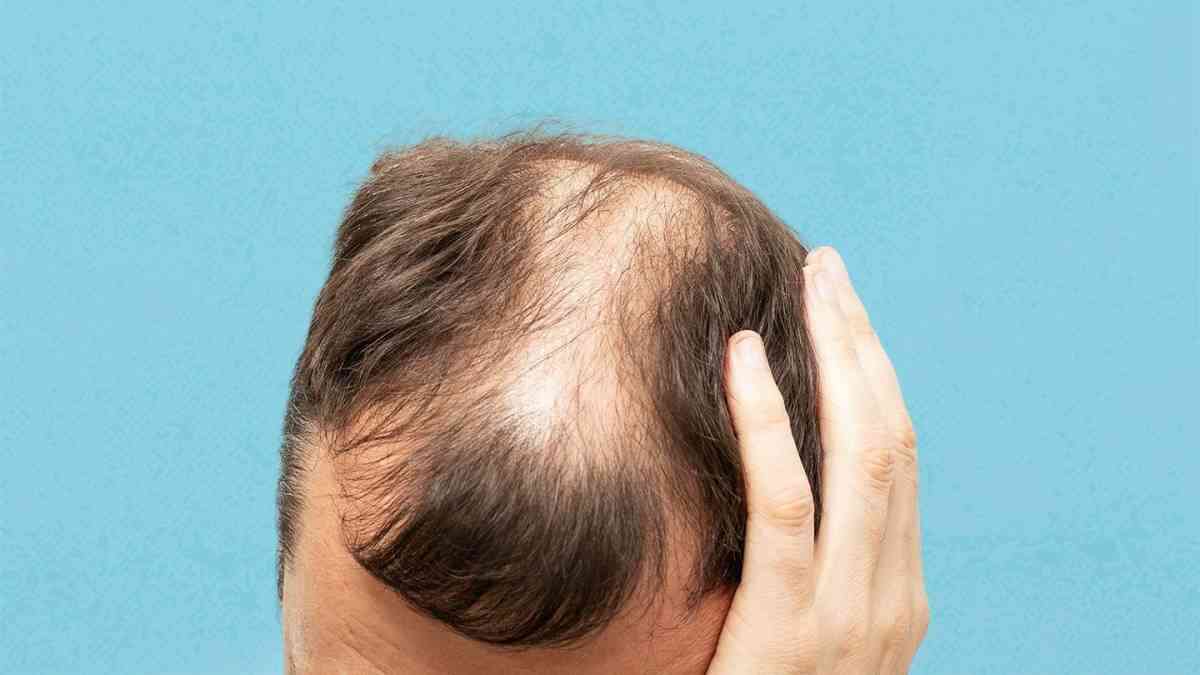4 Real-life Dating Tips For People With Alopecia
- - Category: Diseases & Conditions
- - 27 Jan, 2023
- - Views: 472
- Save

Alopecia
Although a lot goes into finding the right partner, many people find that physical appearance is a primary focus in dating, especially in the early stages. So, if you have a condition that can affect your outward appearance visibly, such as alopecia, it can affect your self-esteem and confidence in the dating world.
Alopecia is the medical term for a common condition: Alopecia is a broad term that refers to hair thinning or loss. The most common cause of hair loss is genetics. Other causes of alopecia include thyroid problems, autoimmune issues, and menopause in women. In addition, hair loss may occur in men who use hormone replacement therapy.
Hair Loss Statistics
Although hair loss can make you feel self-conscious about dating, it's actually quite common.
Up to 50% of adult males experience some form of hair loss. However, it is not just men who are affected; more than half of women will experience noticeable hair loss.
Of course, the amount of hair loss or thinning you have can have an impact on your self-image. Some people's balding has progressed to the point where they prefer to shave their heads. However, as we get older, hair thinning becomes more common, making it less of a taboo.
How Alopecia Can Affect Self-Confidence
Even if it's common, hair loss can have an impact on your self-esteem, especially if you're younger and experiencing hair loss earlier than many of your peers. Furthermore, having a low self-image can be a deterrent if you're at a point in your life where you're interested in dating or starting a relationship.
Someone who is experiencing hair loss may have low self-esteem and lack the confidence to ask someone out on a date.
These issues may also result in mood disorders. There is a known link between hair loss and anxiety, depression, self-esteem, and confidence; however, the medical literature has yet to fully define the finer details. The impact of alopecia on self-esteem and confidence is real, diverse, and unique to each individual.
Alopecia is especially difficult for women, who are often subjected to more scrutiny and pressure regarding their physical appearance.
Top Dating Tips for People Who Have Alopecia
Hair loss does not have to derail your dating life; rather, it can be an opportunity to fully embrace every aspect of yourself and approach the scene with greater confidence. Consider the following suggestions:
1. Put it in perspective
Yes, alopecia is a medical condition, but it is not dangerous to your health. "It's not a life-threatening condition. You don't have to tell a potential sexual partner about it like you would a sexually transmitted infection. While comparing situations isn't always useful, it can be useful to maintain a well-rounded perspective when times are tough.
2. Say as much (or little) as you want
You don't have to bring up alopecia in the early stages of dating when you're just getting to know someone. As the relationship develops, you will be able to share more. You own your own experience with your condition, and thus your own story.
3. Know how to explain alopecia
A potential partner may be unaware of hair loss or have misconceptions about it. Learn enough about alopecia to correctly explain it, and have an 'elevator pitch' for how you'd describe it to someone.
4. Open up when you feel ready
You can bring up your alopecia when you're feeling at ease in a relationship. The key is to be honest about your condition and to own it with confidence. It is also a good idea to express your feelings about the situation. This can save you a lot of heartaches later on. A potential mate should be understanding and supportive of what you share, and if they aren't, they might not be the right partner for you.
If your hair loss bothers you or you want to conceal it for any reason, you can discuss your options with a hair loss specialist, such as a dermatologist. For some, this may entail hair treatments or the use of a wig, toupee, new hairstyle, or hair transplant but for others — both men and women — it may entail embracing a new image.
Above all, keep in mind that you are not alone. Millions of men and women suffer from hair loss, and there are numerous support groups and professional organizations that advocate, research, and support those suffering from alopecia.
Your hair loss is unique to you, as is your approach to dealing with it. However, keep in mind that hair loss is only one aspect of your personality.
Simply because you've lost your hair doesn't mean you've lost your identity. No one can imitate your sensuality and sexuality — they are unique to you.



